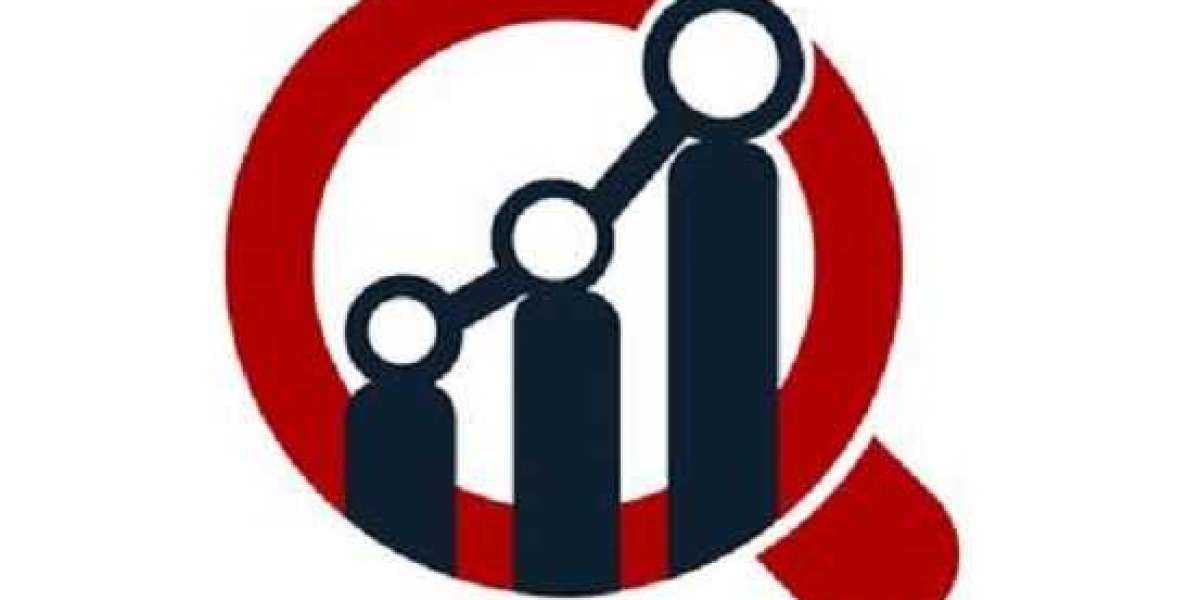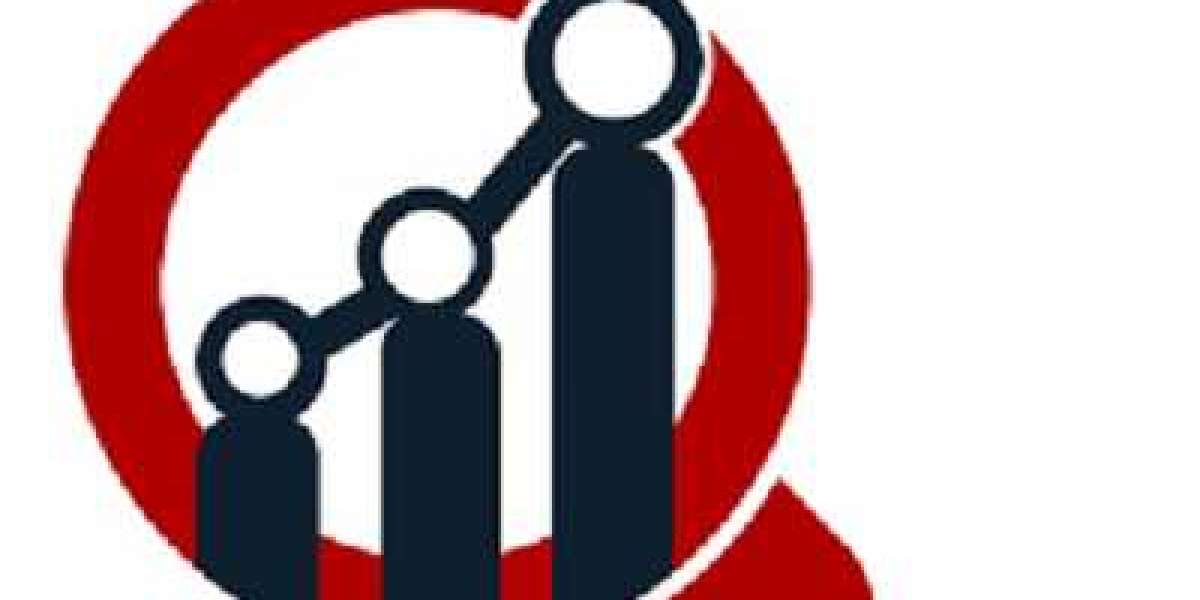The Rise of Self-Reliance: Navigating the Booming HIV Self-Test Kits Market in 2025
The landscape of HIV diagnostics is undergoing a transformative shift, with HIV self-test (HIVST) kits emerging as a pivotal tool in the global fight against the virus. As we move through 2025, this market is experiencing unprecedented growth, driven by a confluence of factors including evolving healthcare policies, technological innovation, and a growing emphasis on accessible and private testing solutions.
A New Era of Accessibility and Empowerment
One of the most significant trends shaping the HIV self-test kits market in 2025 is the increasing adoption of HIV self-testing policies worldwide. Influential organizations like the World Health Organization (WHO) and Unitaid have championed HIVST strategies, leading to a remarkable increase in countries integrating self-testing into their national health programs. The COVID-19 pandemic, surprisingly, also played a role in accelerating this trend by normalizing rapid test kits for infectious disease management, thus paving the way for broader acceptance of HIVST.
This policy shift is complemented by the growing accessibility of these kits. Beyond traditional healthcare settings, HIV self-test kits are now readily available through retail pharmacies and, increasingly, online platforms. This widespread availability caters to individuals seeking privacy and convenience, removing traditional barriers to testing and encouraging more people to know their HIV status.
Technological Leaps and Digital Integration
The market is also witnessing a surge in technological advancements. The introduction of fourth and fifth-generation HIV rapid test kits represents a significant leap forward, offering enhanced accuracy and a reduced "window period" for detection. These next-gen tests are more reliable and can detect HIV sooner, enabling earlier intervention and potentially preventing further transmission.
Beyond the kits themselves, digital integration is becoming a key differentiator. Manufacturers are incorporating digital connectivity, offering app-guided support, result interpretation, and even telemedicine consultations. This integration provides a comprehensive and supportive testing experience, guiding users through the process and connecting them to professional medical advice if needed. The use of AI and machine learning algorithms in diagnostic platforms is also emerging, promising even faster and more reliable HIV detection.
Beyond Testing: Prevention and Sustainability
The focus extends beyond mere diagnosis. There's a growing momentum for integrating HIVST with Pre-Exposure Prophylaxis (PrEP) delivery. By making self-testing a gateway to PrEP, healthcare systems can proactively prevent new infections, creating a more holistic approach to HIV management.
Furthermore, sustainability efforts are gaining traction within the market. Companies are increasingly prioritizing eco-friendly materials and packaging for their test kits, aligning with broader environmental concerns and attracting socially conscious consumers. The development of multiplex rapid tests that can simultaneously detect HIV and other sexually transmitted infections (STIs) like syphilis and hepatitis is also a notable trend, offering greater efficiency and convenience.
Market Projections: A Trajectory of Strong Growth
The numbers speak volumes about the market's robust growth. While the broader HIV Rapid Test Kits Market was valued at USD 1.49 billion in 2024 and is projected to reach USD 1.82 billion by 2030, rising at a CAGR of 3.39%, the segment specifically for HIV Self-Test Kits is anticipated to experience an even more dramatic expansion. Some reports project the HIV Self-Test Kits Market size, valued at USD 2.87 billion in 2024, to surge to an impressive USD 19.97 billion by 2032, exhibiting a remarkable CAGR of 30.29% from 2026 to 2032. This highlights the increasing preference for and impact of self-testing solutions.
The Road Ahead
The HIV self-test kits market in 2025 is characterized by innovation, accessibility, and a clear commitment to empowering individuals in their health journey. As technology continues to advance and policies continue to evolve, these kits will undoubtedly play an increasingly vital role in achieving global HIV elimination targets, offering a convenient, private, and effective means of monitoring and managing HIV status.
Contact:
Market Research Future®
99 Hudson Street,5Th Floor
New York, New York 10013
United States of America
Phone:
+1 628 258 0071(US)
+44 2035 002 764(UK)
Email: sales@marketresearchfuture.com
Website: https://www.marketresearchfuture.com








